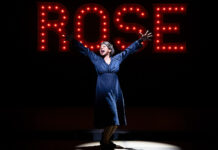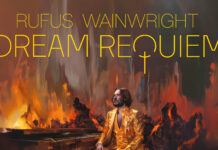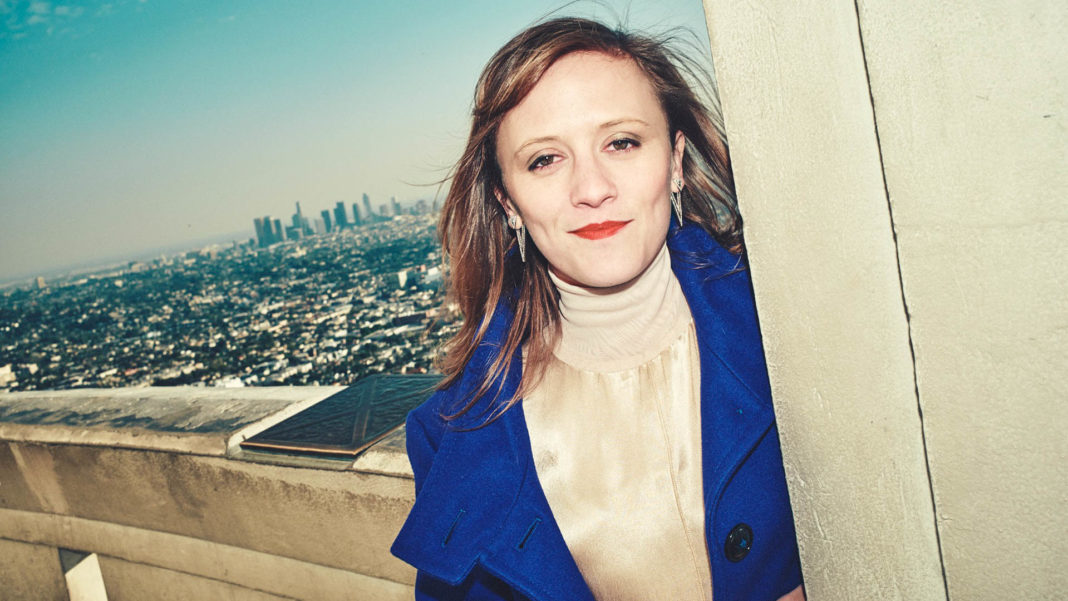Depending on with whom you are talking, classical music is either dying or thriving. Perhaps it finds itself in the same conundrum as jazz. People will find themselves on either side of the argument. One person who truly believes classical music is thriving is composer Ellen Reid. She was one of the composers on Yuval Sharon’s Hopscotch. Her opera Prism, will be part of the 2018-2019 LA Opera season. She has a commission from the LA Chamber Orchestra. But more immediately on Sunday, May 13th, the LA Master Chorale will be presenting the world premiere of her new work for ensemble and chorus, dreams of the new world. Joining the LAMC for this premiere is local ensemble wild UP.
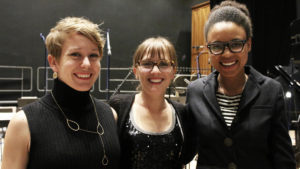
dreams of the new world presents three different stories from three different time periods that are all based on interviews Reid conducted alongside her librettist Sarah LaBrie and her researcher Sayd Randle. The first section is set in Memphis in 1890 and tells the story of Robert R. Church, a slave who accomplished a lot for his community in the Jim Crow-era. Part two is set in Houston during the boom era for the oil industry in 1970. The final section is set in Los Angeles in present day and is seen through the perspective of the pursuit of further space travel and exploration.
I spoke with Reid a couple days after she first heard the LA Master Chorale in a piano rehearsal of dreams of the new world.
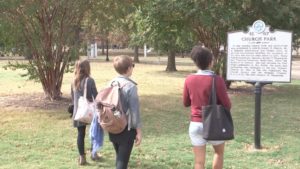
I’m intrigued by a comment on your webpage about the Memphis section: “the idea of the dream relies on erasure of such retreats, to continually slot the present into a hopeful, forward telos.” Does dreams of the new world ultimately explore the circle of life as it relates not just to be people, but cities?
Absolutely. In Memphis and in Houston you feel the impact of these time periods we were researching still. You see that the way the cities have adapted or shifted because of those histories. For example, the oil bust that came after the boom we’re talking about lead Houston to invest a lot energy into diversifying so it wouldn’t just be an oil city. They have new medical industries and now they can buoy themselves when the oil business falters.
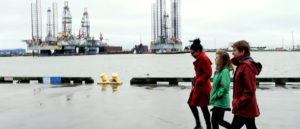
What then can a city like Detroit learn from Houston’s experience?
I think what you see in situations like Detroit is that the solutions people are coming up with are really creative. There’s always light and there’s always shadow. What we were interested in doing is sharing both sides of the story. Not just the happy part, but what has to happen to make that possible or the reality of that moment in time.
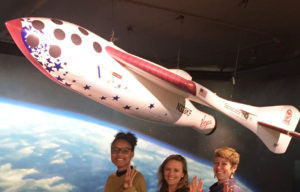
You explore the boom and the bust in Memphis and Houston. You only have the boom of Los Angeles given the date of the story you’re telling. Is it inevitable that bust will follow here just as it did in the other two cities?
Yes, but the piece is also asking the question, “So what can we do with this information?” Maybe there doesn’t have to be a bust, but if we’re following in the same exact way it’s almost a biblical cycle. It’s been happening for so long. It feels like such an interesting time to have this piece.
We started working on it before we knew who was running for the last election. We were interested in telling these stories and politically raising these questions about westward progression and human achievement. Over the course of developing it, it started feeling more intense to put these different conversations and dialogues with one another across time. And these are conversations that can’t happen right now because of the heat around the political discourse. To hold these different stores in the warmth and the sound of the LA Master chorale right now feels so potent.
Does this make dreams of the new world a cautionary tale?
I think that’s strong language. I think it’s more than a cautionary tale. I think it’s a celebration and I think that it’s devastating and I think that it is more than to caution but to spark a conversation around what do we do now. What’s next? What does this mean? What are we not seeing? It’s not just what we do not know, but what we aren’t willing to look at.
You had a workshop in November 201 at UC Irvine. What did you learn from that workshop and how did that influence the work that is having its world premiere with the LA Master Chorale?
That workshop was so great. The students at UCI and Seth Houston, who runs the choir department, they were so engaged and so deeply involved in the subject matter and every aspect of the piece. It really helped us believe the piece was engaging. I think one of the biggest differences from the workshop to the premiere is I wrote it pretty focused and wasn’t writing much else before the workshop. There were times when I would hold the musicians back because I had written so much more for the choir that I thought we’d lose it because we had so much. I wanted to let the choir be more free and have more space just to sing because they are amazing. That was the big shift that happened.
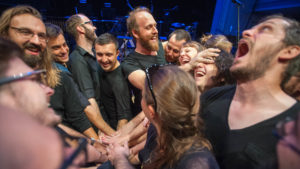
Photo Credit: ©Stephanie Berger.
Chris Rountree, who leads wild UP, told me in 2015 that disruption is the key to the survival of classical music. Do you agree with him?
I think disruption is a word that doing these interviews for dreams we heard a lot in the tech community. And it’s a word used in tech a lot. I wonder what the difference is between innovation and disruption. Innovation is also disruption. Definitely innovation has a role to play, but sometimes the word disruption is something that is off-putting versus something that is new and different and engaging. If new and different and engaging is disruption, then I’m all for it. Maybe disruption is an expansion of what we are considering as to what we can hear in the concert hall and that’s exciting. Life is change. That’s the only thing that is given. Of course change is what keeps something alive.
Ellen Reid photo by Arnaud Pyvka.





